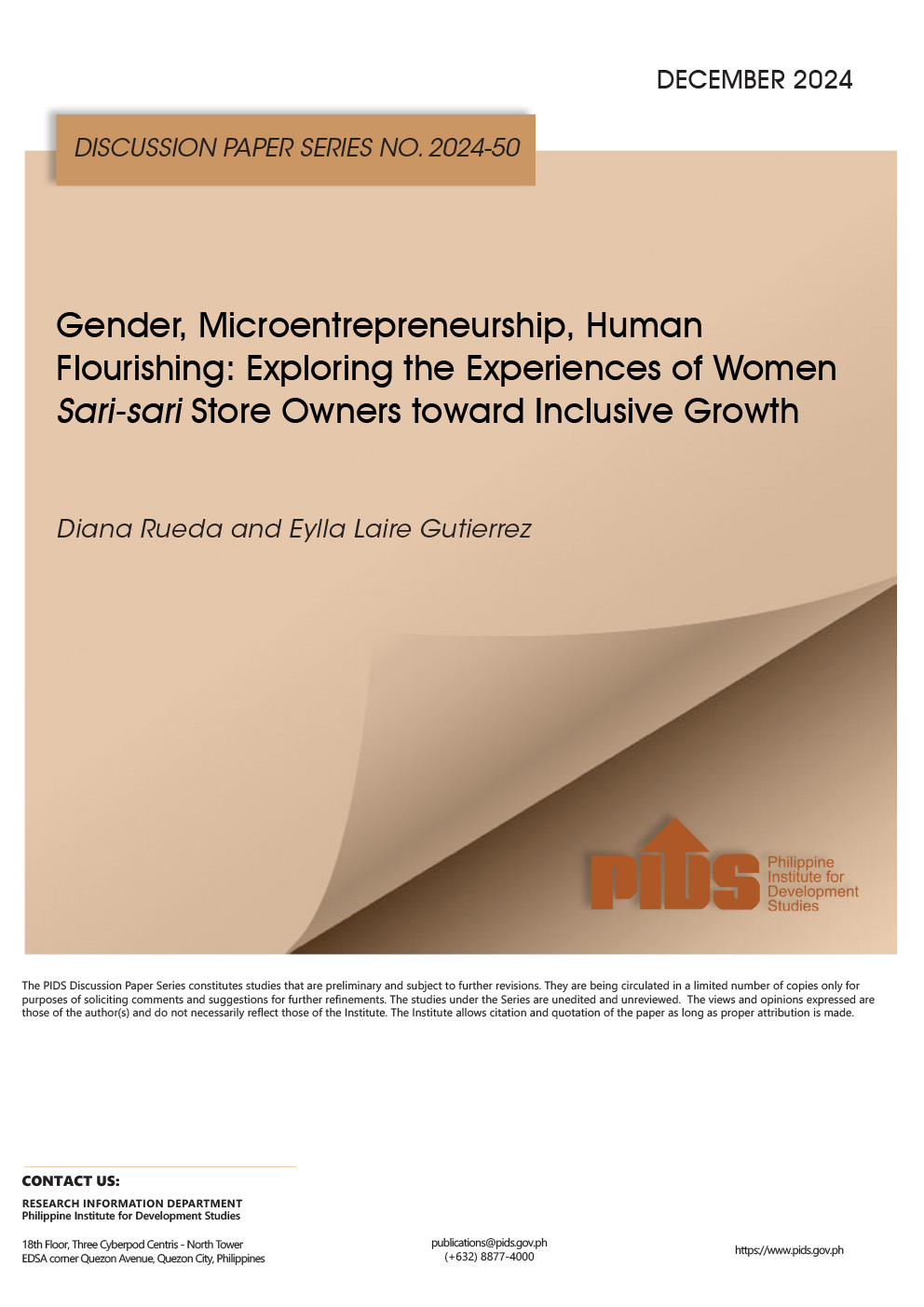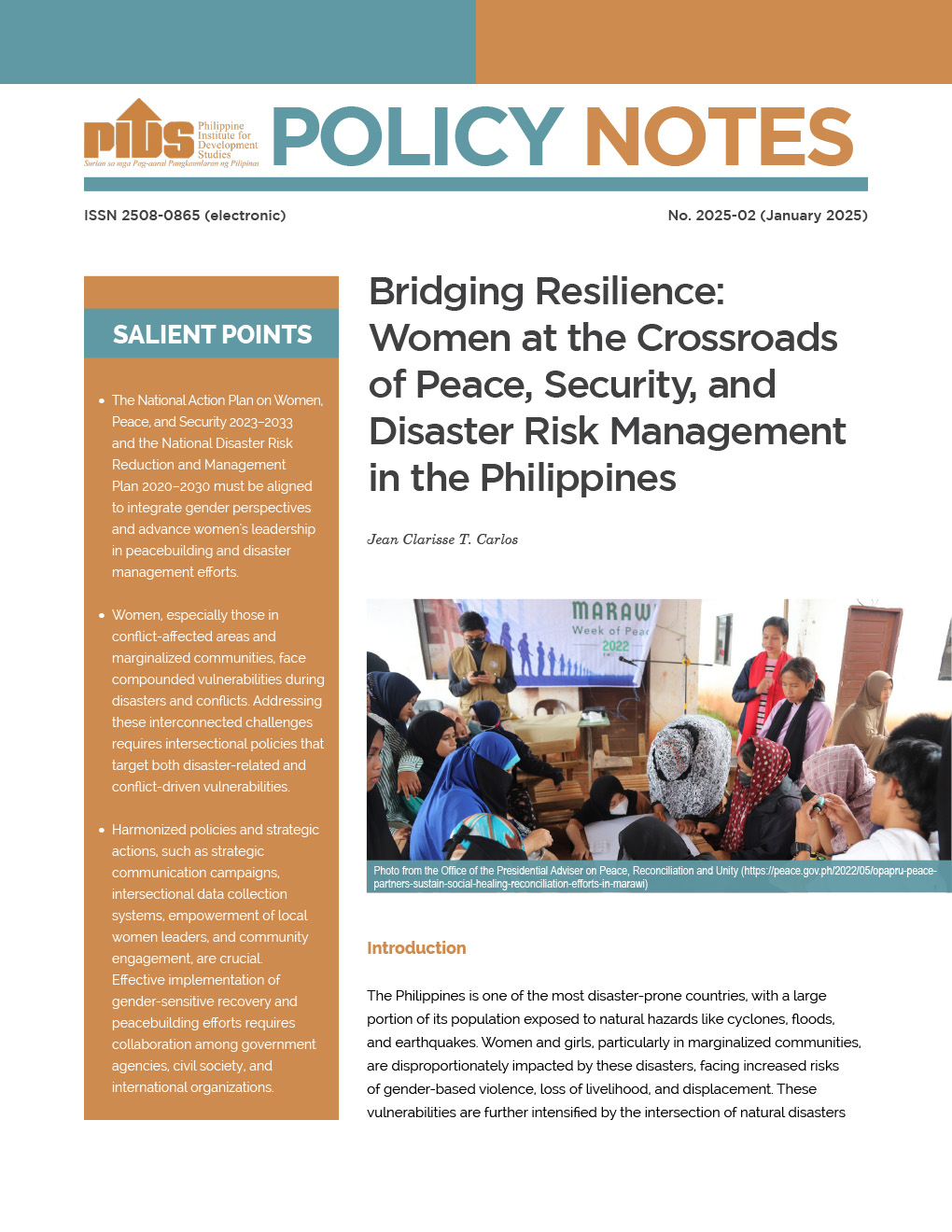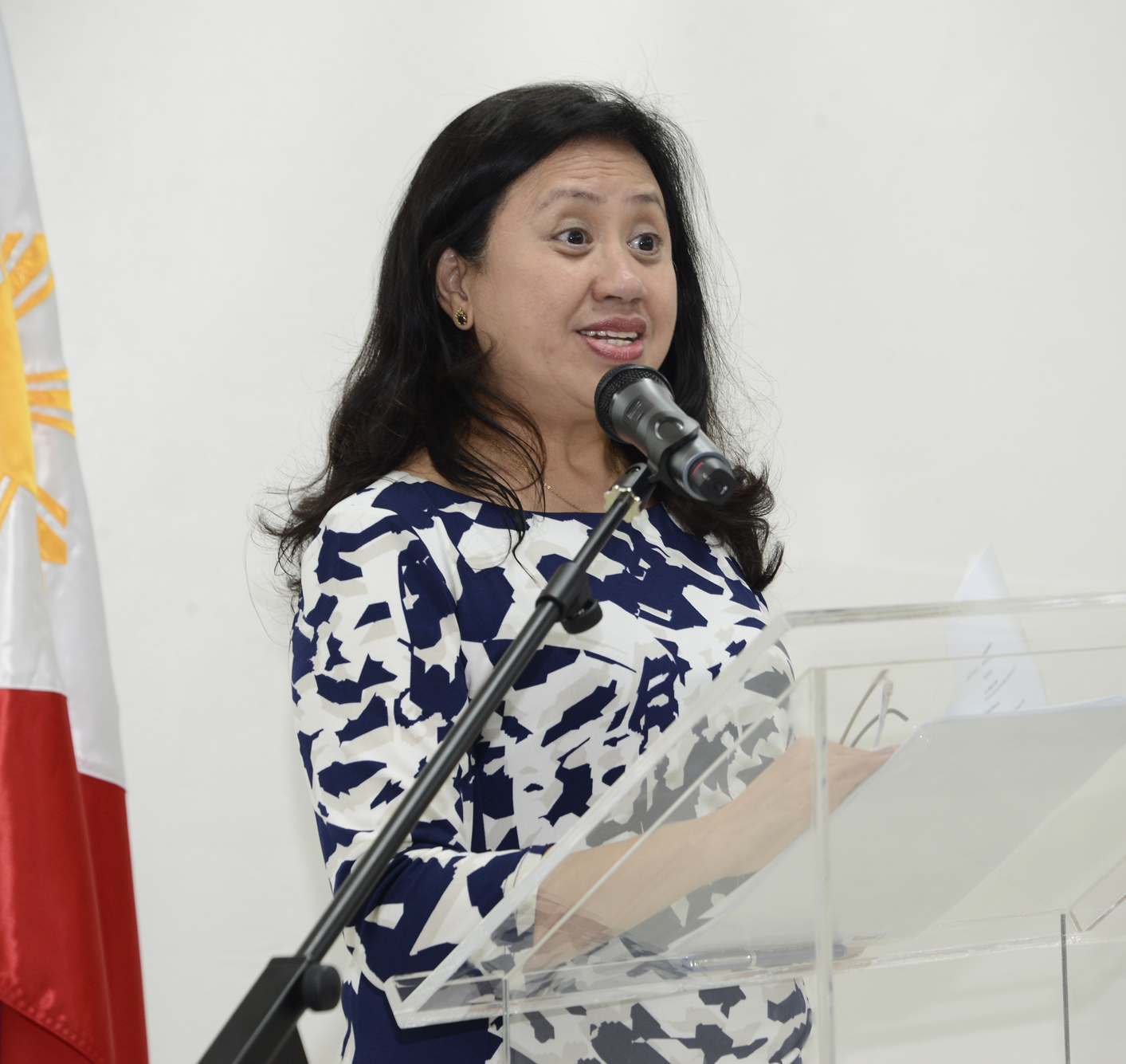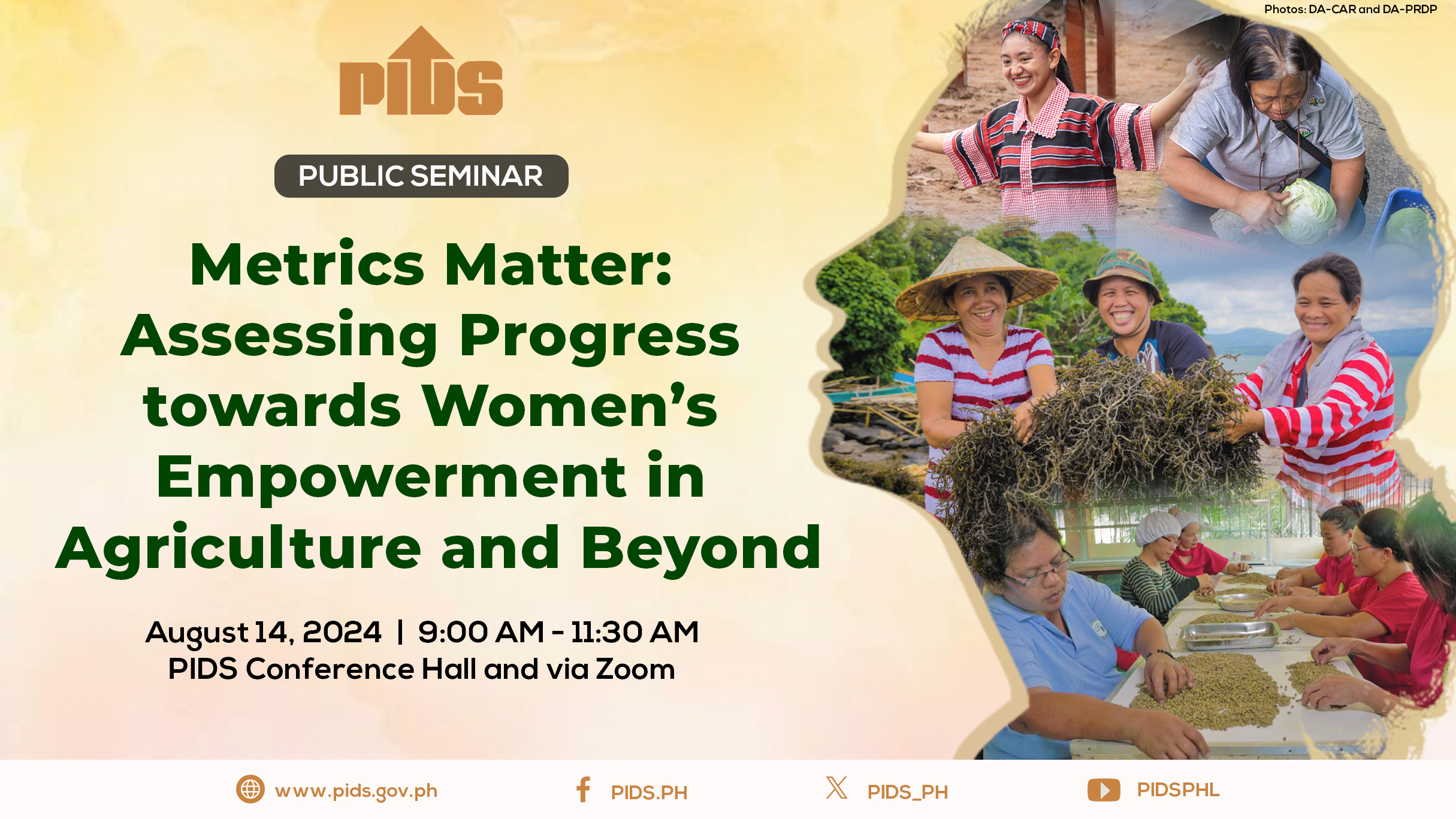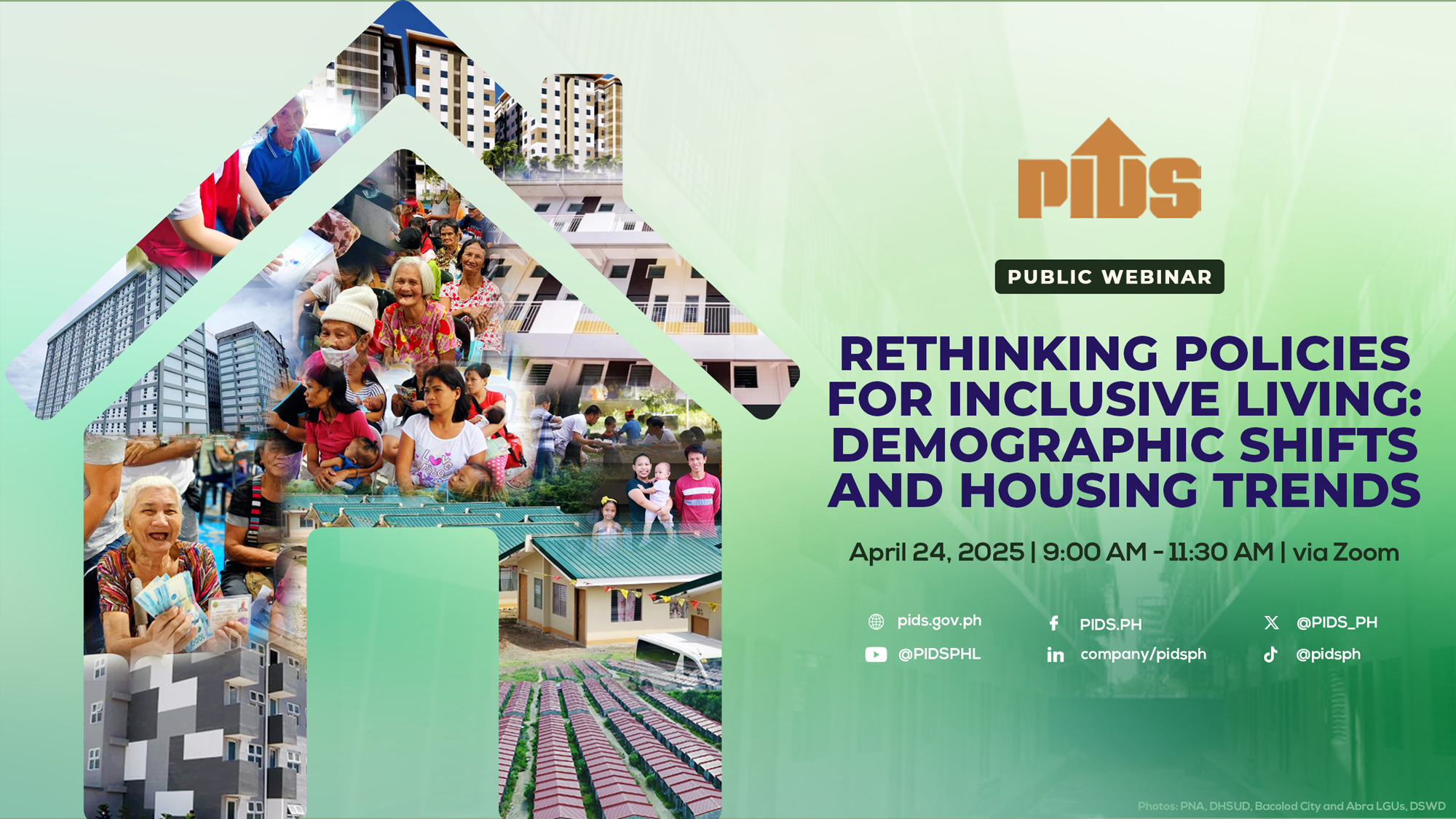For years, women’s involvement in entrepreneurial activities has been widely advocated as part of economic development agendas. This is evidenced by numerous initiatives, projects, and roadmaps that promote women's integration into economic activities through entrepreneurship. Underpinning these efforts is the assumption that women's active participation in economic activities leads to improved well-being and empowerment. While this is an essential step toward improving women’s conditions, the realities are more complex. Beyond the economic contributions of such entrepreneurial activities, other facets—such as psychological, social, and political dimensions—also need to be considered. This study primarily addresses the question: “How does women’s engagement in micro-enterprising facilitate their own and their communities’ human flourishing and empowerment?” More specifically, it examines the critical role of sari-sari stores in the socio-economic landscape of the Philippines, with a particular focus on their contributions to community development and women's flourishing and empowerment. While sari-sari store owners often face financial constraints, this research highlights a significant relationship between micro-entrepreneurship, human flourishing, and empowerment. Through the analysis of the Flourishing Index, Secured Flourishing Index measures, and the Empowerment Model, the findings reveal that women sari-sari store owners exhibit high levels of well-being, empowerment, optimism, and resilience, despite limited economic prosperity. The study further explores how sari-sari stores serve not only as micro-retail enterprises but also as platforms for fostering individual and social well-being. The owners demonstrate psychological and social empowerment through the ownership of sari-sari stores, while economic and political empowerment is still a work in progress. The results suggest that women, through the ownership of sari-sari stores, achieve individual well-being while also extending that well-being to their communities. Thus, this study offers a nuanced perspective on the significance of sari-sari stores, not just for the economic development of communities but also for the individual and social well-being of their women owners.
Comments on this paper are welcome within 60 days from the date of posting. Email publications@pids.gov.ph.
Citations
This publication has been cited 6 times
- BusinessWorld. 2025. Sari-sari stores drive women’s empowerment in the Philippines — study. BusinessWorld.
- Cigaral, Ian Nicolas. 2025. Study highlights transformative power of PH women ‘sari-preneurs’. Inquirer.
- Dagooc, Ehda. 2025. Study: Women ‘sari-sari store’ entrepreneurs feel empowered. Philippine Star.
- Dongiapon, Rob Andrew. 2025. How some sari-sari stores got sold on data science. Rappler.
- Sunstar. 2025. Study: Sari-sari stores drive women’s empowerment in PH. Sunstar.
- Talavera, Catherine. 2025. ‘Sari-sari stores become hubs for women empowerment’. Philippine Star.

